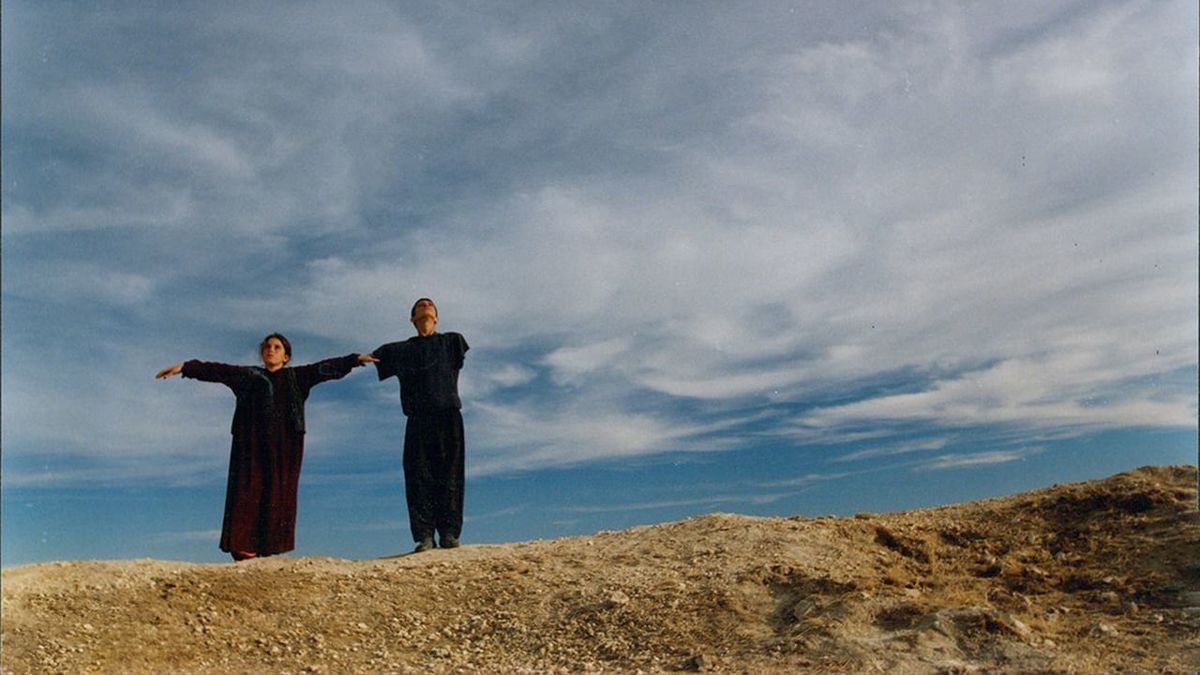Regardless of where, when, and why war came to be, war inevitably makes children grow up faster than they ought to. Turtles Can Fly depicts one such boy, a thirteen year old refugee nicknamed Kak Satellite whose limited English and resourcefulness transformed him into a leader for the rest of the children as they scrounged for scraps, sweep for landmines, and set up satellites for news. It’s a harrowing experience. Writer-director Bahman Ghobadi depicts it in a grounded, real way, with the Kurdish cast directly re-enacting the same horrors that they’ve gone through the year before, and the same practical nonchalance that they cling to for survival. Regardless of how viewers feel about the Iraq invasion, or other wars with refugee crises, Turtles Can Fly simply asks viewers to see their faces.






